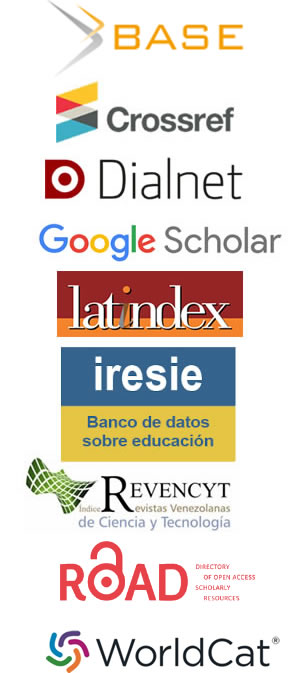Governance, strategic management and university government: convergence for results
Abstract
This paper provides an in-depth analysis of governance innovations implemented at the University of Campinas (Unicamp) during the 2017–2021 period. It highlights how aligning the government’s political agenda with the institution’s strategic planning can yield positive, measurable results with significant external impact. This governance model adheres to public governance principles and offers a framework applicable to other public universities in Brazil and Latin America. By embracing principles of good public governance in university management and recognizing the interdependence between core academic activities and administrative functions, Unicamp was able to develop medium- and long-term projects. These initiatives were crucial for ensuring financial sustainability, optimizing work processes, and enhancing the institution’s credibility and engagement with society. The originality of this approach lies in the creation of internal governance mechanisms tailored to Unicamp’s specific needs. These mechanisms were informed by a contextual analysis used as a diagnostic tool, with institutional performance evaluated by independent external committees to ensure transparency and accountability. The study employed a qualitative and descriptive methodology, involving the review and analysis of scientific articles, technical and management reports, official Unicamp documents, and news published on publicly accessible platforms.
Copyright (c) 2024 Teresa Dib Zambon Atvars, Marcelo Knobel

This work is licensed under a Creative Commons Attribution-NonCommercial 4.0 International License.
Copyright notice
Copyright allows the protection of original material, and curbs the use of others' work without permission. UNESCO IESALC adheres to Creative Commons licenses in the open access publication of ESS. Specifically, the texts published in this journal are subject to a Creative Commons Attribution-NonCommercial 4.0 International (CC BY-NC 4.0) license: They may be copied, distributed and disseminated provided that the author, the journal (Revista Educación Superior y Sociedad) and the publishing institution are cited. Commercial use is not permitted. The full license can be found at https://creativecommons.org/licenses/by-nc/4.0/ ESS requires authors to accept the Copyright Notice as part of the submission process. Authors retain all rights.
 Attribution - NonCommercial (CC BY-NC 4.0)
Attribution - NonCommercial (CC BY-NC 4.0)
This journal does not charge authors for the submission or processing of articles. The authors of the contributions will receive acknowledgment of receipt that the work has reached the Editorial Team of the Journal.





